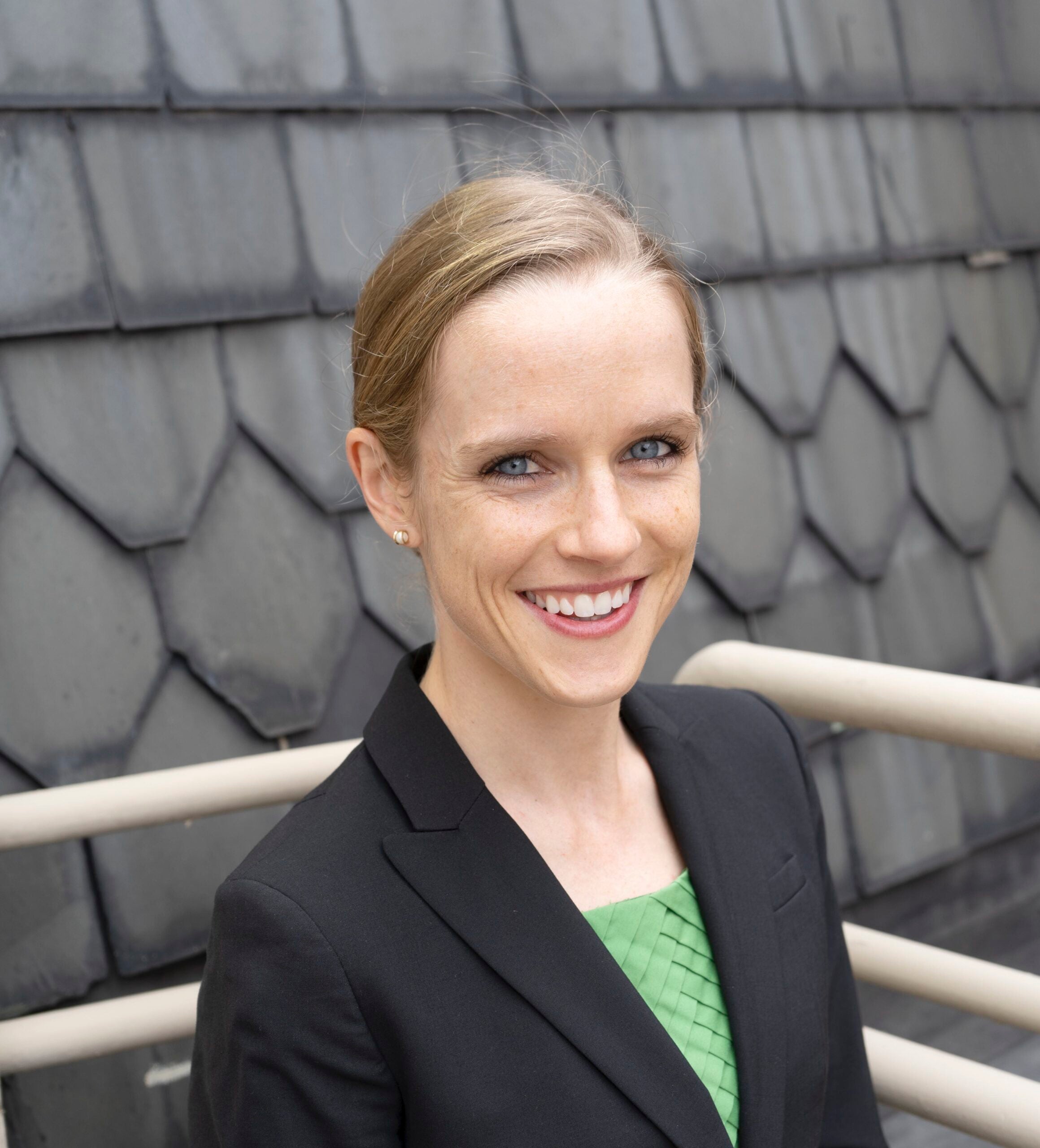CCDD ID Epi Seminar Series – Curing More Than TB: Treating Bias in MDR/RR-TB Cohort Analyses
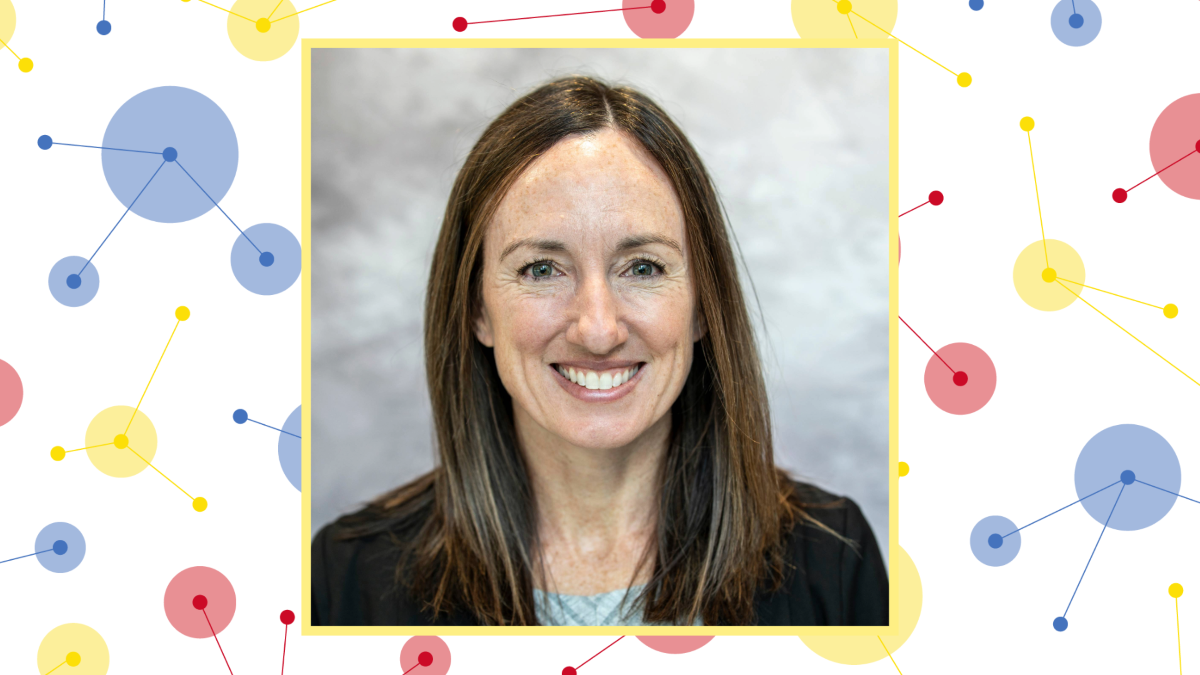
Presented by Molly Franke, Professor of Global Health and Social Medicine at Harvard Medical School
Professor Franke is a global health researcher whose work brings the rigor of epidemiology to intractable infections, including tuberculosis, cholera, HIV. A primary objective of her work is to reduce suffering from infectious diseases by applying rigorous epidemiologic methods to address critical knowledge gaps related to interventions and treatment. Examples include the design of studies to assess the effectiveness of cholera interventions, including vaccination, and the use of causal inference-based approaches to study treatment for drug-resistant tuberculosis.
Speaker Information
Organizers
Book Launch and Fireside Chat: The Permanence of Anti-Roma Racism. (Un)uttered Sentences By Dr. Margareta Matache
Join us for a hybrid (in-person and Zoom) fireside chat to celebrate the launch of Dr. Margareta Matache’s new monograph, The Permanence of Anti-Roma Racism: (Un)uttered Sentences.
The event will explore the histories, structures, and daily practices that uphold anti-Roma racism across Europe and beyond. It will also examine the place and role of Romani Studies within broader global theories on racialization, racism, and systems of slavery. In conversation with Dr. Mary Bassett, Dr. Abadir Ibrahim, and Dr. Bram Wispelwey, Matache will reflect on howunuttered Roma sentences – erased histories, unhealed violence, and ignored internal knowledge – shape public health, policy, scholarship, and Roma lives.
Audience & Registration
This event is free and open to the public.
Due to space limitations and security requirements, please register at least one day in advance by emailing Claire Street at cstreet@hsph.harvard.edu.
Speaker Information
Organizers
Harvard Pop Center Social Demography Seminar: “The effect of a Universal Cash Transfer on fertility and newborn health”
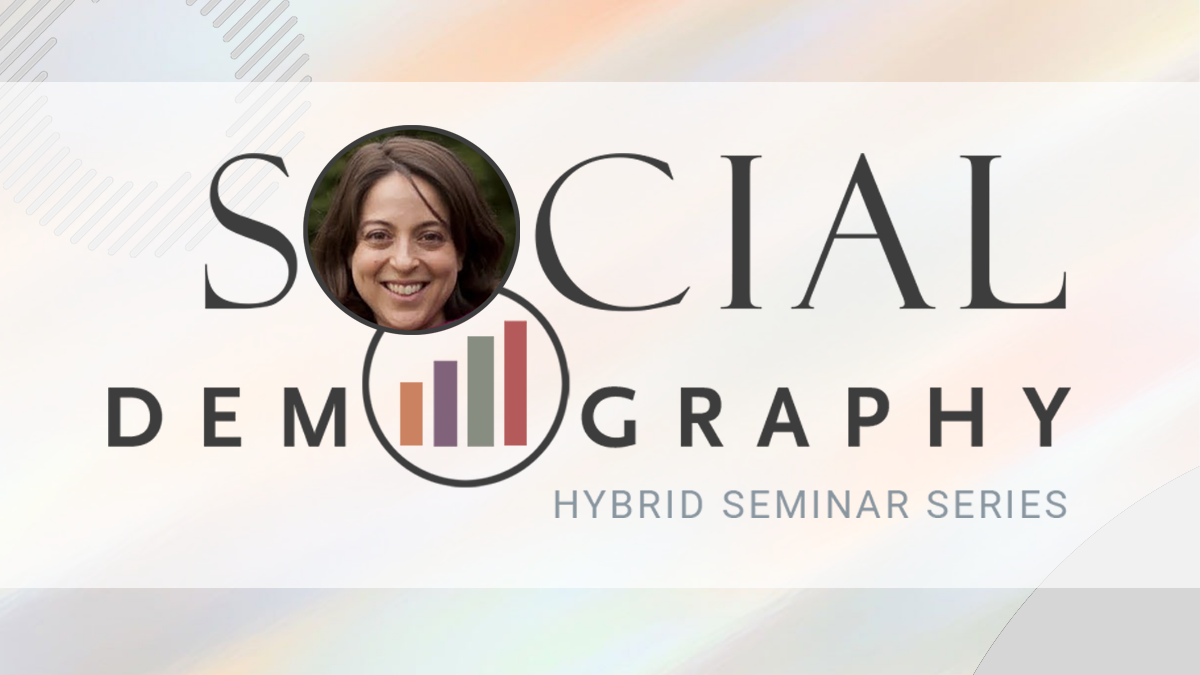
Sarah Cowan, PhD, associate professor of sociology and director of undergraduate studies, New York University, will present (REMOTELY) “The effect of a Universal Cash Transfer on fertility and newborn health.”
The Social Demography Seminar (SDS) series at the Harvard Center for Population and Development Studies provides a lively forum for scholars from across the university to discuss in-progress social scientific and population research. Social demography includes work that uses demographic methods to describe and explain the distribution of social goods across populations. The hybrid series offers presentations on a wide variety of topics such as family, gender, race/ethnicity, population health—including mortality, morbidity, and functional health—inequality, immigration, fertility, and the institutional arrangements that shape and respond to population processes.
Speaker Information
Organizers
Examining Immigration Enforcement from Minnesota to Boston: A teach-in on impacts and community resources

Come join us for an engaging seminar on immigration enforcement and its impact. Participants will learn about the extent of immigration enforcement, consider its far-reaching effects on public health and mental health, and learn about concrete resources and support available at Harvard, in surrounding communities, and beyond. We will be joined by HSPH faculty, students, and other leaders in this field.
This seminar offers a welcoming space to learn, reflect, and connect.
This event is co-sponsored by the Department of Health Policy and Management and the Office for Community Belonging.
Speaker Information
David Williams
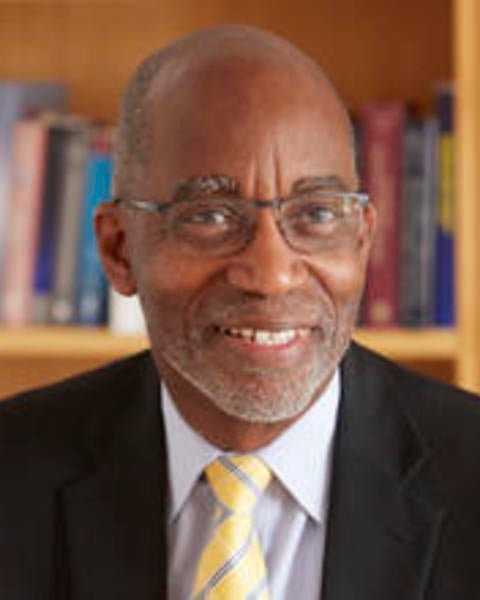
Maggie Sullivan

Evie Odden

Liz Gipson
TJ Moon
Organizers

This event is part of the Dr. Lawrence H. and Roberta Cohn Forum series.
This conversation pulls back the curtain on what really happens when Democrats and Republicans hammer out health legislation in Washington. Former HHS Assistant Secretary for Legislation Melanie Egorin and former staff director for the House Ways & Means Health Subcommittee Brian Sutter will unpack how trust, timing, and technical work shape major laws. They will trace how ideas move from “policy on the shelf” to statute, even in hyper‑partisan moments. This discussion will paint a clear picture of the roles staff, agencies, and advocates play—and offer practical advice for building a career in bipartisan problem‑solving.
Register for free to submit your questions.
An on-demand video will be posted after the event.
Speakers
Melanie Egorin
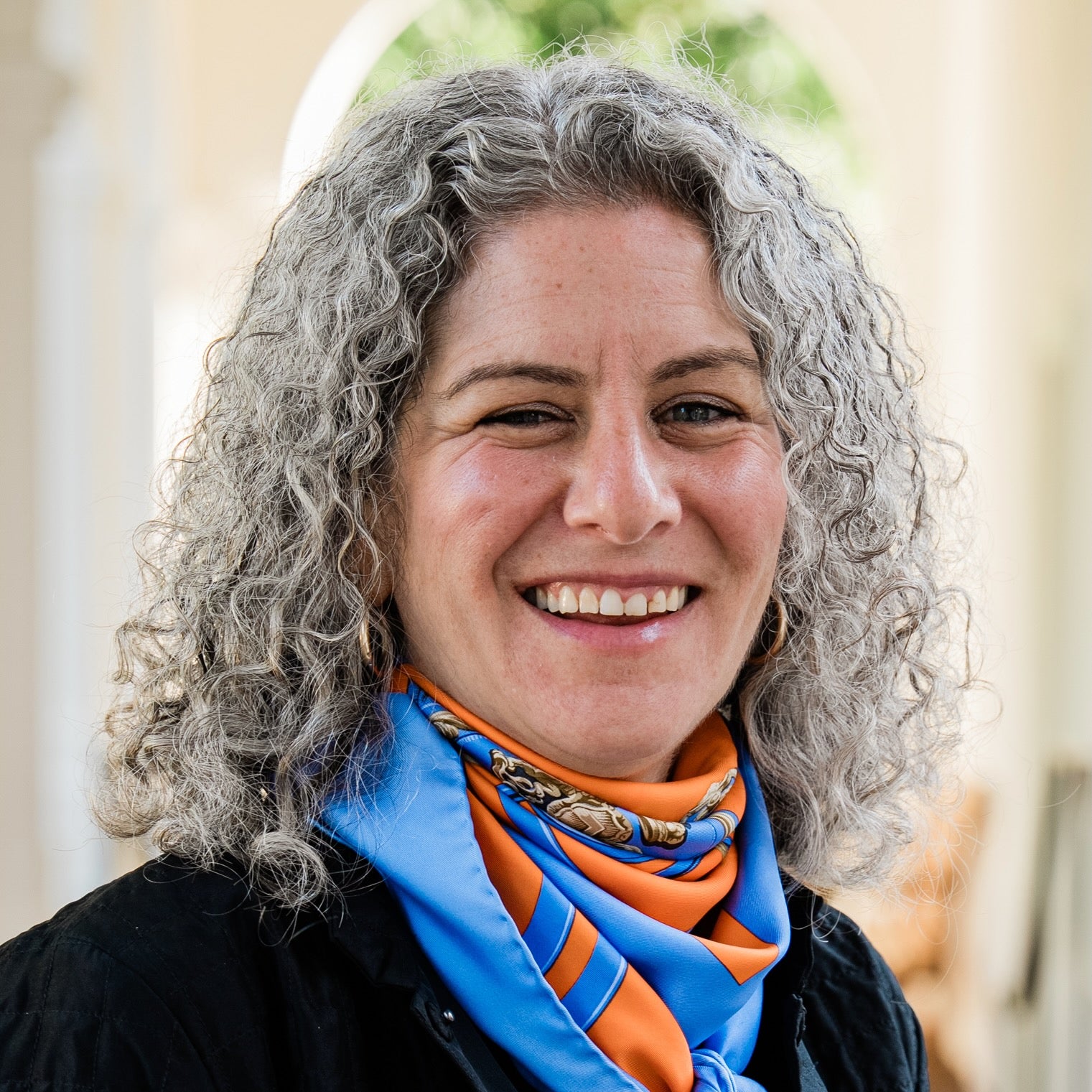
Brian Sutter
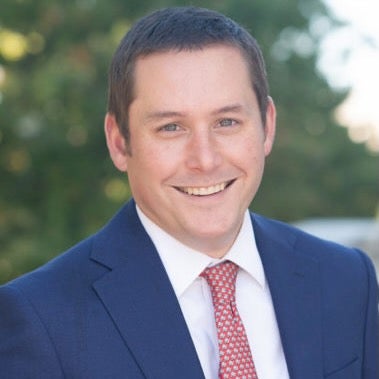
Moderator
About The Studio
Energy insecurity: Health impacts and solutions with Dr. Diana Hernández

Join us for a Book Talk with by Dr. Diana Hernández, Radcliffe Fellow and Associate Professor of Sociomedical Sciences, Columbia University Mailman School of Public Health! Dr. Hernández will discuss Energy insecurity: Health impacts and solutions.
**Following the seminar, Dr. Hernández will be available from 2-3 pm for meetings with students and trainees.**
Note: Free copies of Dr. Hernández’s book, Powerless: The People’s Struggle for Energy, will be available to Harvard Chan students on a first come, first served basis!
About the speaker: Diana Hernández, PhD, is a tenured Associate Professor of Sociomedical Sciences at Columbia University’s Mailman School of Public Health. Dr. Hernández has operationalized and conducted foundational research on the concept of ‘energy insecurity,’ which reflects the inability to adequately meet household energy needs. Her work is broadly dedicated to exploring the links between housing and health and reimagining how housing can support public health as a site of intervention and health promotion. Much of her community-oriented research has been done in collaboration with community groups and government agencies around the country. Learn more
This event is in person only and will be held in HSPH Bldg. 1, 1302.
Speaker Information
Organizers

A free film screening of the documentary, The President and the Dragon, and Q&A with former CDC Director Rochelle Walensky and The Carter Center’s Sarah Yerian
At just 10 human cases, reports of Guinea worm, a debilitating parasitic disease with no vaccine or drug treatment, are at an all-time low, according to The Carter Center.* What drove this success?
This event includes a free screening of The President and the Dragon, a documentary about former U.S. President Jimmy Carter’s efforts to eradicate Guinea worm. Followed by a Q&A about Guinea worm, global health, and storytelling. Light refreshments to follow.
*Figures are provisional until officially confirmed.
Speakers
Rochelle Walensky

Sarah Yerian
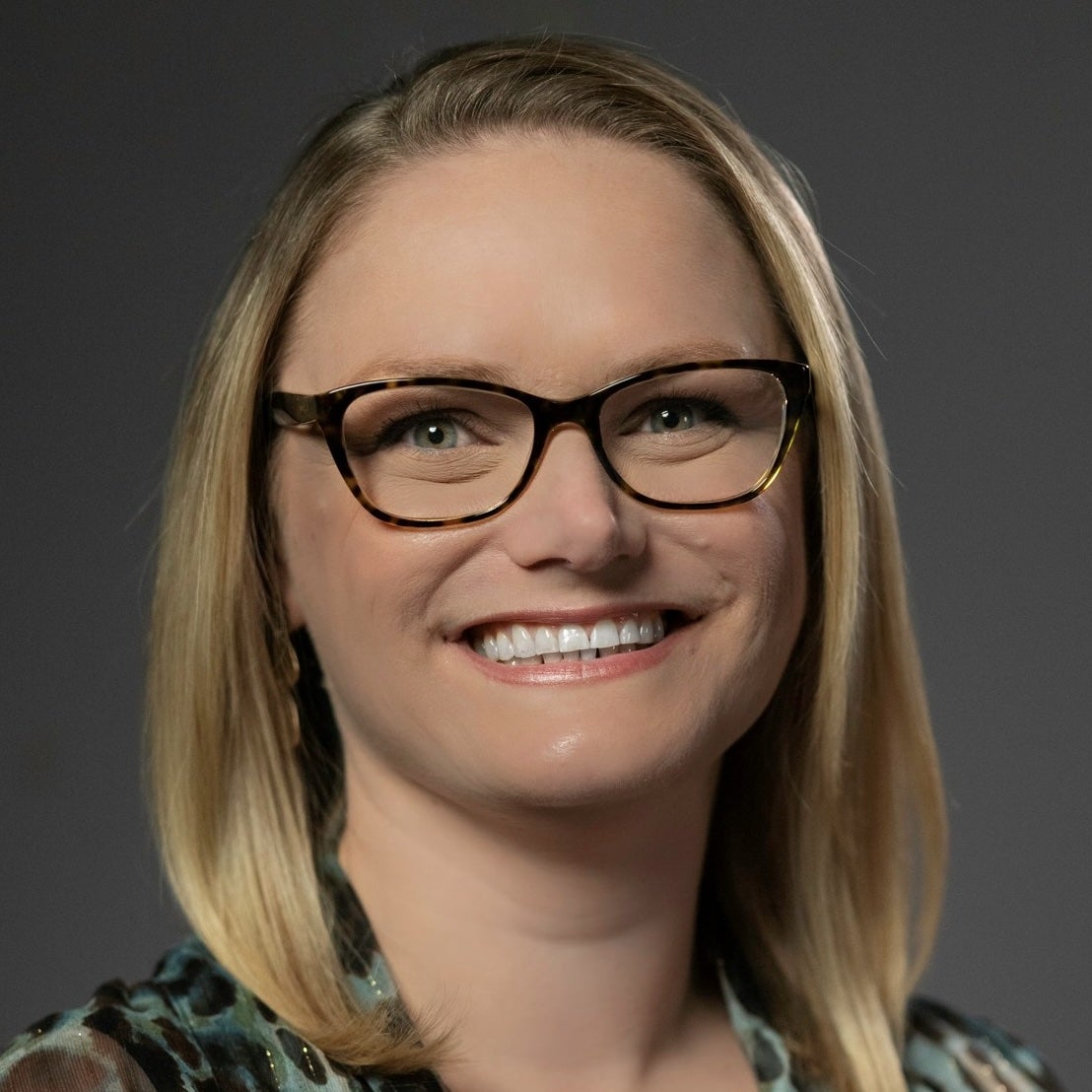
Moderator
Emily Staub
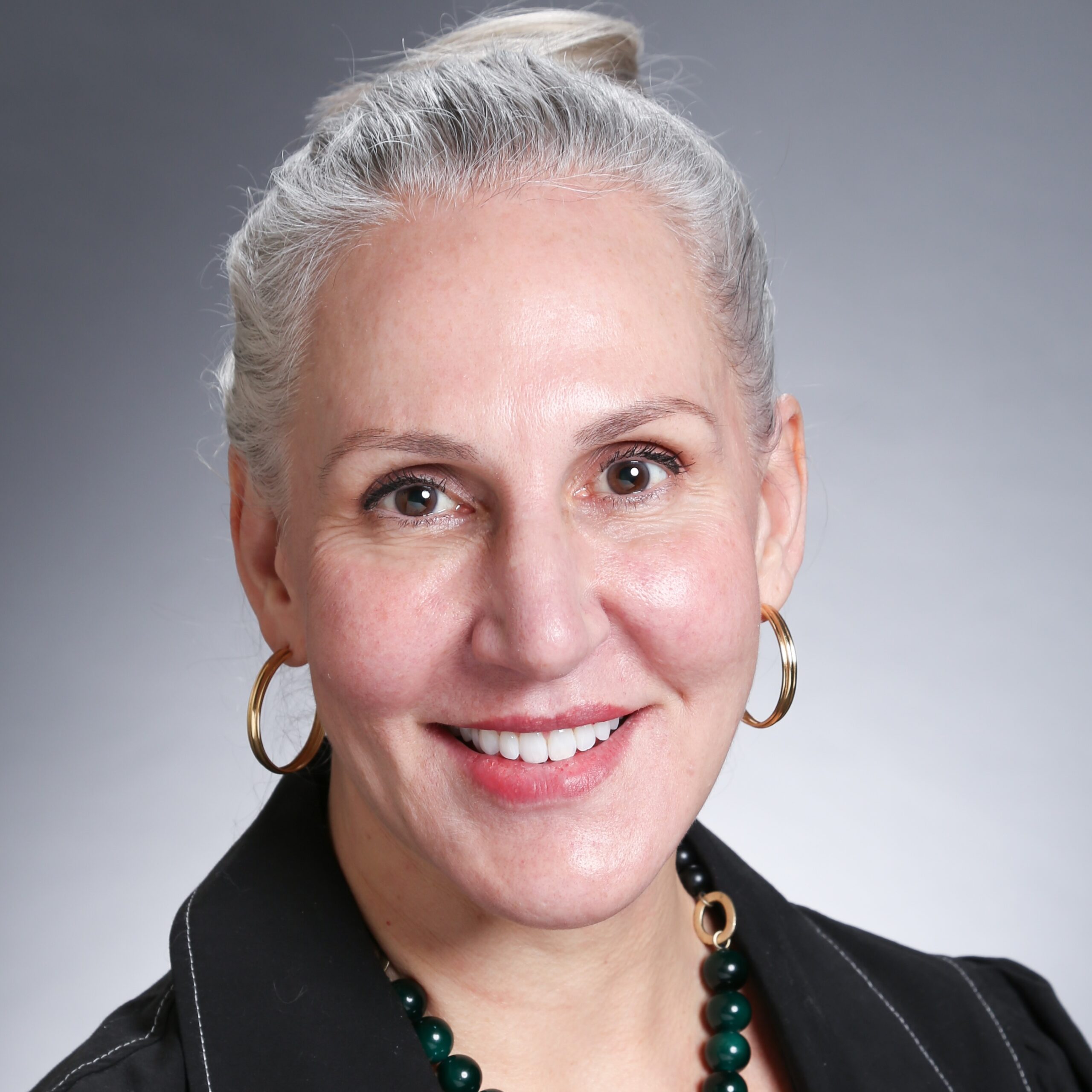
About The Organizers
Redesigning Calm: Designing Nature-Inspired Spaces

Redesigning Calm invites members of the Harvard community to explore how our surroundings shape mental and physical well-being. Drawing inspiration from organic and landscape architecture that harmonize natural light, greenery, and spatial flow, alongside modern biophilic design, this hands-on workshop encourages participants to reimagine familiar built environment, such as campus study or personal spaces, through a restorative lens. Using sensory observation, art materials, and natural elements, participants will creatively redesign spaces to help ease stress and anxiety, promote calm, and restore focus.
This well-being workshop will be led by Center Student Engagement Committee member Olivia Song, MPH ’27. Pizza (and plants!) will be provided.
Speaker Information
Olivia Song

Organizers

Presented jointly with the Zhu Family Center for Global Cancer Prevention
In this timely panel, experts will take a look at healthy hydration. How can fluids such as clean drinking water, coffee, and tea boost health, while beverages such as alcohol, soda, and other sugary drinks raise health risks. And how do these choices potentially influence cancer risk? Tune in to this event – part of the Zhu Center’s month-long commemoration of World Cancer Day — to hear clear, evidence-based information.
Speaker Information
Moderator
About The Organizers
Psychotropic Medication Safety in Pregnancy: Moving Beyond Malformation Risk

Join us on Wednesday, May 6th for the Department of Epidemiology seminar series featuring Dr. Krista Huybrechts discussing Psychotropic Medication Safety in Pregnancy: Moving Beyond Malformation Risk.
Abstract: Psychotropic medication use during pregnancy has increased substantially, heightening the need for robust evidence to guide prescribing and to inform patients about the risks and benefits of treatment continuation. Historically, research has focused on congenital malformations—paradigmatic harms in the shadow of the thalidomide catastrophe—but other unintended drug effects are equally important and pose distinct methodological challenges. This seminar will examine what we have learned about studying outcomes such as nonlive births and longterm neurodevelopment in children, highlighting study design challenges, potential biases, and data issues that shape inferences about psychotropic medication safety in pregnancy.
Bio: Krista Huybrechts is Professor of Medicine and Epidemiology at Harvard Medical School and Harvard T.H. Chan School of Public Health. She co-founded and co-directs the Harvard Program on Perinatal and Pediatric Pharmacoepidemiology (H4P). Her work, which is funded primarily by the National Institutes of Health, focuses on the use of advanced epidemiological and statistical methods applied mainly to large databases derived from health data collected in the context of routine medical care to help address the unique questions regarding benefit-risk trade-off for prescription medication use faced by women of reproductive age and pregnant women.

